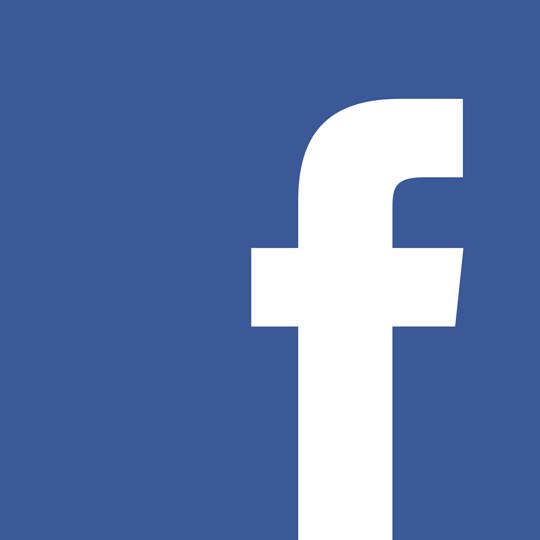麻豆社国产is what I like to call a Facebook town. We have open rental groups, a buy and sell, neighbourhood forums and pretty much a group for every sport imaginable. We have used it to fund people in need, to organize and to share our lives with others. We also like to post the news, discuss topical events and debate politics. This is what we as users want Facebook to be.
Ahead of the municipal election, however, Facebook and the discourse that happens there could turn sour along with our feeds being plagued by misinformation and disinformation. This is nothing new to Facebook. Just a few years ago, the company purposely tweaked the newsfeeds to prioritize emoji reactions over the like button because they want to keep its users engaged and online. It’s a business plan that cares much more about profits than the well-being of its users. And though they have since demoted the “angry” emoji back to being equivalent to the “like,” it was too late – the platform seethed with mis- and disinformation and nonsensical division.
An easy solution is to train ourselves to readily spot mis- and disinformation and look at everything with a critical lens (even news articles from The 麻豆社国产). But there are gaps in the education around digital and media literacy among teenagers.
Inrs could discern online disinformation. After being shown a grainy video claiming voter fraud, which was actually filmed in Russia, only 9% of the respondents questioned the veracity of the video. What’s more, 52% actually believed it provided strong evidence of voter fraud. In another instance, over 96% of the respondents did not consider why a website about climate change with ties to the fossil fuel industry could lessen its credibility.
The study concluded that there were significant differences in responses based on socioeconomic status and race and ethnicity, but they clarified that this was the fault of an education system that already underserves those populations.
In a response to the study, author Jay Caspian Kang remarked in his newsletter that the debate around COVID vaccines was an illuminating example of these differences at work: “Educated liberals in cities listen to science, while the rest of the country sees an Instagram post and decides never to get the vaccine. I do not think there’s any solution to disinformation that relies on the wealthy and educated hectoring everyone else to just wake up and get the vaccine or whatever.” Instead, he proposes that broadening access to education and fixing income disparities is the key.
For a town that is growing and gearing up for an election, these two paths remain true. It will be our responsibility to uncover mis- and disinformation and it will be our responsibility to teach family as well.
Very fortunately, 麻豆社国产children and youth are exposed to digital literacy in , but it is important that these practices become consistent outside of the classroom and at home. There are other free websites that can be a guide for teaching more about digital literacy. Bad actors will likely always lurk in our newsfeeds, especially at critical times. But by fortifying the resiliency in Squamish, then we can snuff them out.
Andrew Hughes is a UBC journalism student, 麻豆社国产resident and The 麻豆社国产 freelancer.




